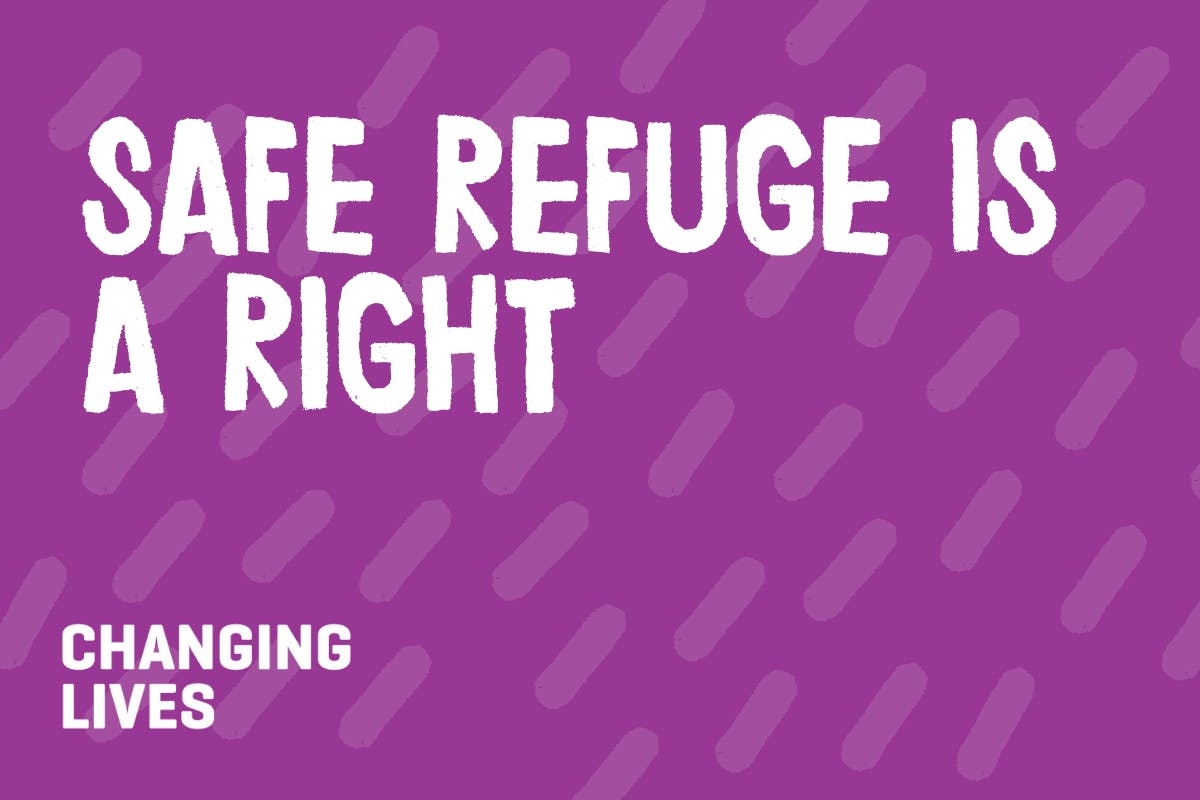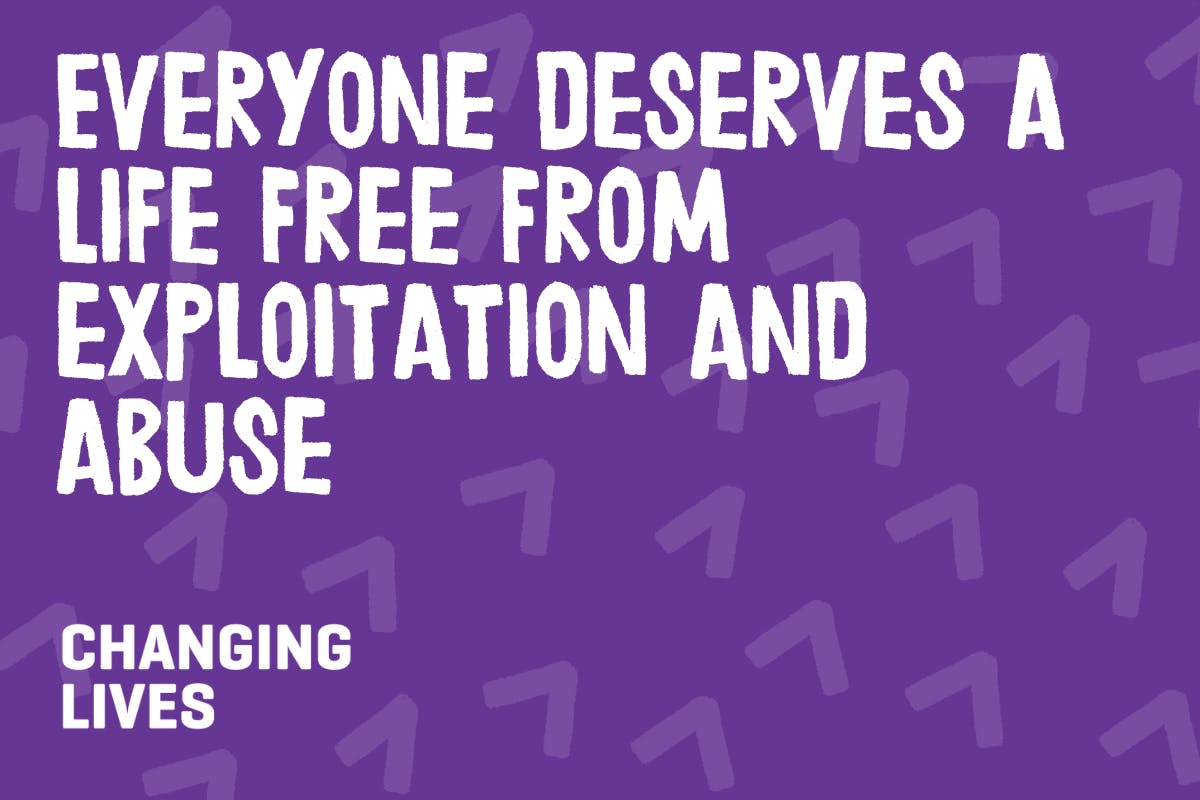Laura Mcintyre, Head of Women and Children’s Services at Changing Lives, shares her thoughts on the challenges that women face in accessing safe refuge support when fleeing abuse.
For many women we support, homelessness is the result of harm and abuse. Women we support at Changing Lives include those who have been targeted and groomed for sexual exploitation, experienced abuse from multiple perpetrators, or released from prison with nowhere safe to go. Many of these women are vulnerable due to past trauma and neglect, and have multiple unmet needs – often seen as ‘complex’ women. For these women, their experiences of homelessness and vulnerability are not as visible to services. Not all of these women are rough sleeping – for example, a woman living with a ‘punter’ who expects ‘sex for rent’ (i.e. sexual exploitation) may not be recognised as homeless and will not be known to rough sleeping teams. She isn’t visible to people who can help, so this requires a different type of approach.
Violence against women and girls (VAWG) has received a lot of attention recently, especially after the publication of the Home Office’s VAWG Strategy and the Domestic Abuse Act 2021. This is great to see, but there are still vulnerable women falling through the cracks when it comes to accessing safe housing. With so many strategies, initiatives and pots of funding, why are women who face violence and abuse still struggling to access refuges and other forms of safe accommodation?
At Changing Lives it can be a real challenge to find safe accommodation for vulnerable women who are often seen as too high risk for local refuge provision. As a refuge provider, we understand how important it is to manage spaces as safely as possible for all vulnerable families, but I can’t help but feel that women who are seen as hard to work with are being fobbed off. When they can’t go into a refuge they often end up in a homelessness hostel – often a very different environment which might be mixed sex and where staff are not trained or able to offer the specialist support that women who have experienced domestic abuse so desperately need.
We’re doing our best within a system that separates what society sees as the ‘deserving’ and ‘non-deserving’ victims and treats them totally differently. But all women who have experienced abuse and exploitation should have the right to specialist support.
I completely understand that services need to make these environments safe for all women and families, so not one service can accommodate everyone, but alternatives are not consistently provided. Statutory provision is focused primarily on people who have experienced domestic abuse and, although the guidance states the need for alternatives such as dispersed accommodation for people who cannot access the more traditional refuges, change is happening slowly. Any additional funding is mostly focused on people sleeping rough – which we know is less common amongst women – and it’s up to each local area to decide if any of this funding will be used to accommodate vulnerable women exposed to abuse, violence, grooming and exploitation.
We see some of the best practice emerging from the Domestic Abuse Act, which includes fantastic provisions for victims and survivors which we would like to see rolled out further to victims of other forms of violence and abuse. For example, making it a statutory obligation for local authorities to offer trauma-informed refuge accommodation for ALL victims of VAWG would feel more inclusive and is the right thing to do for all women.
We also need to stop focusing on homelessness as the central issue here, as this allows women to become lost in a debate around rough sleeping. By focusing on the behavioural response to abuse (i.e. rough sleeping) we are at risk of missing the person, their vulnerability and their trauma, because all services are seeing is the ‘homeless woman’, the ‘female drug user’, the ‘prolific offender’, the ‘sex worker’. If we look beyond the presenting behaviour and offer coordinated multi-disciplinary trauma-informed support with accommodation for all those who are homeless or at risk of homelessness as a result of abuse, violence and exploitation, we would see change and recovery. Let’s get to know the woman, not her behaviour!
Our mission at Changing Lives is to work together with partners and key decision makers to ensure all women who have experienced violence and abuse receive the same response, care and support, and have a statutory right to equal access to safe refuge accommodation.




